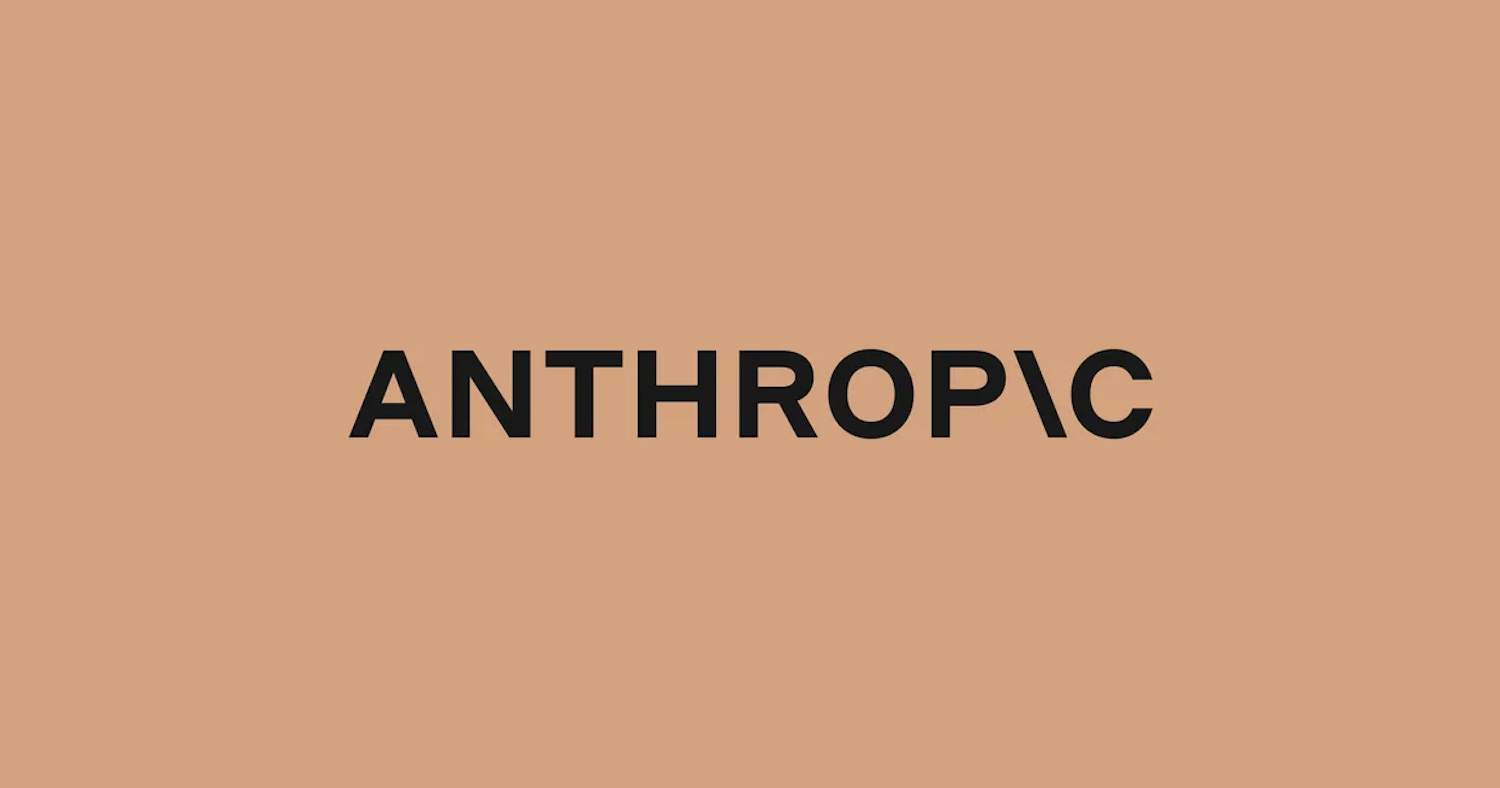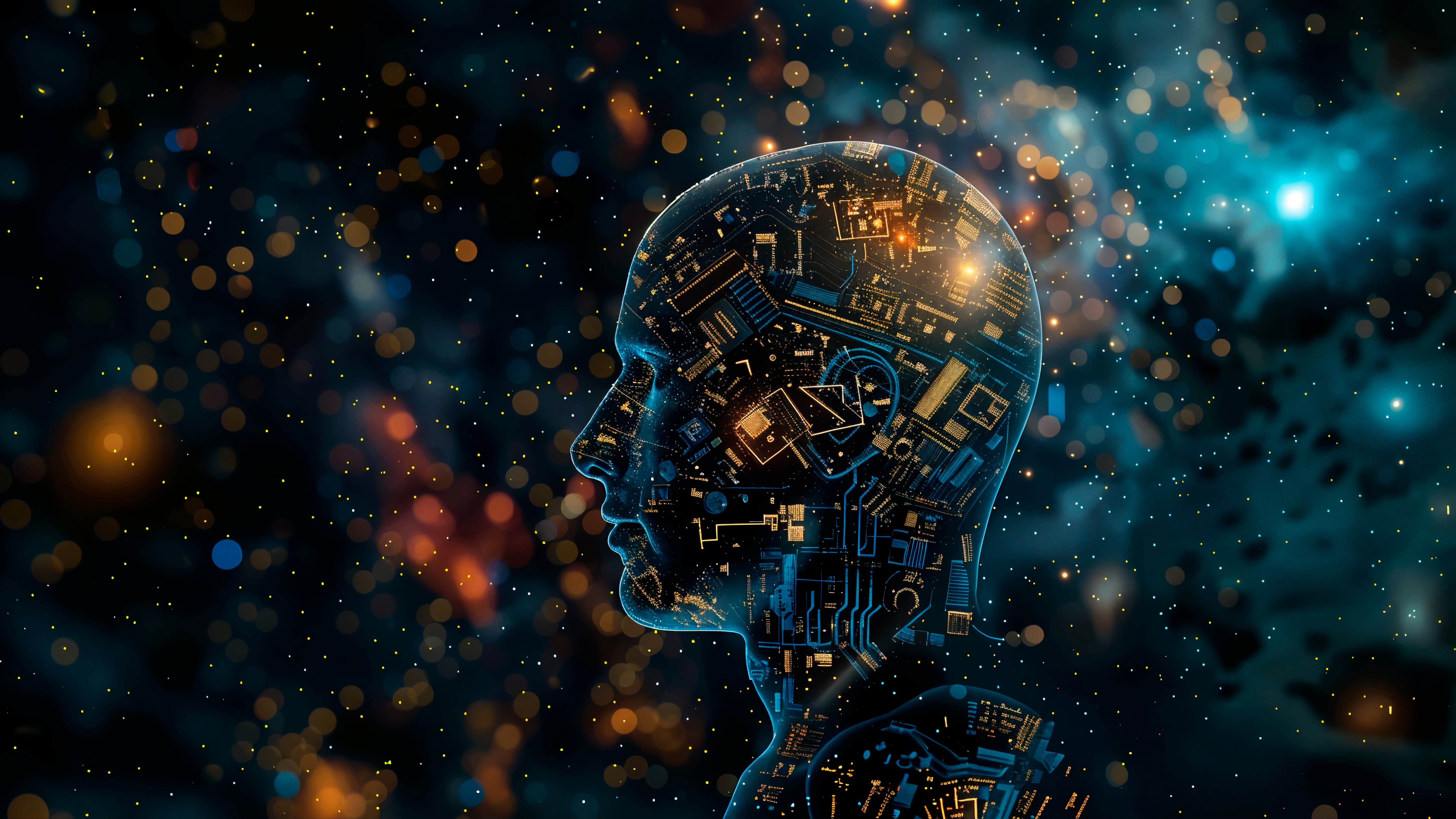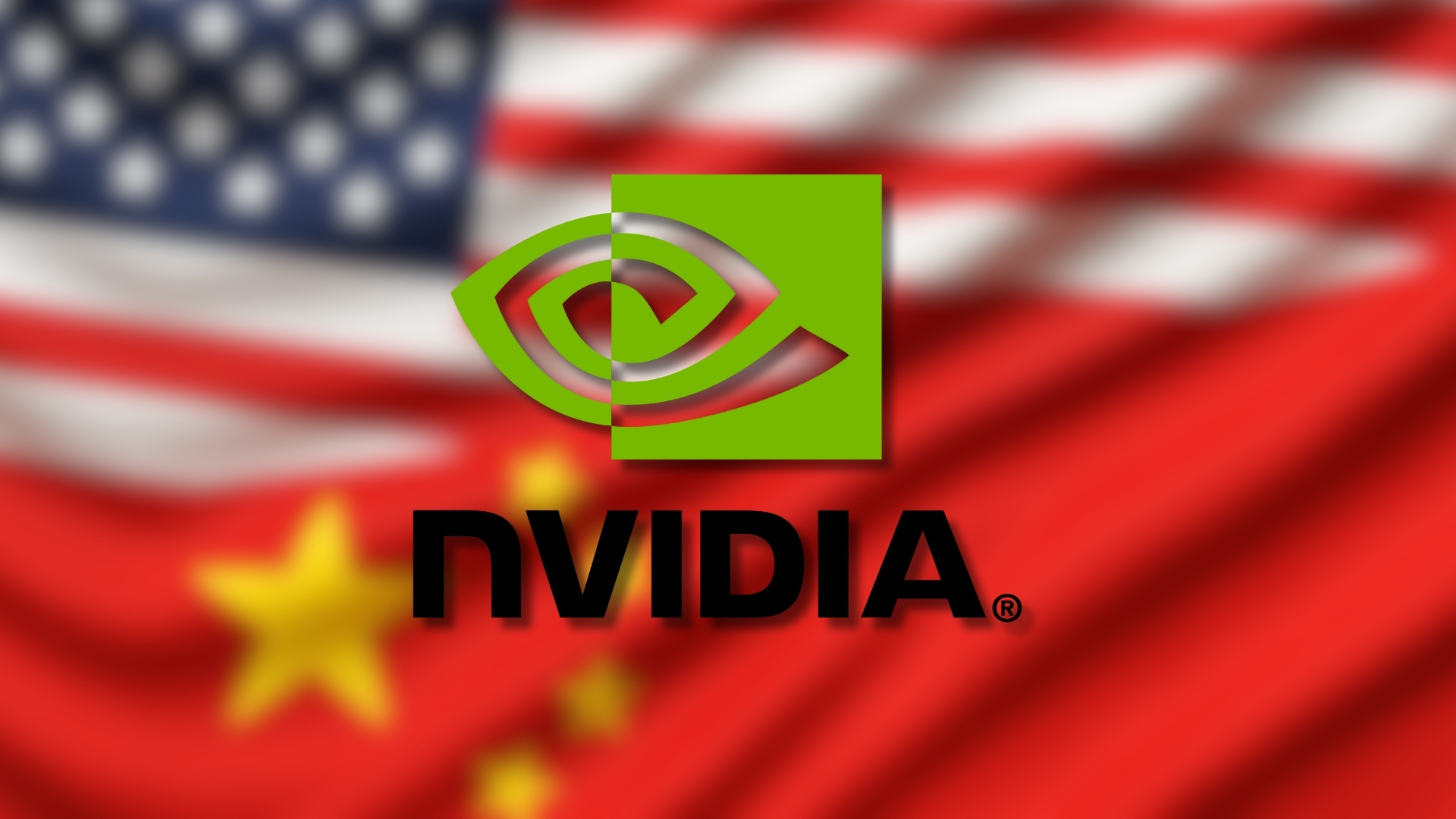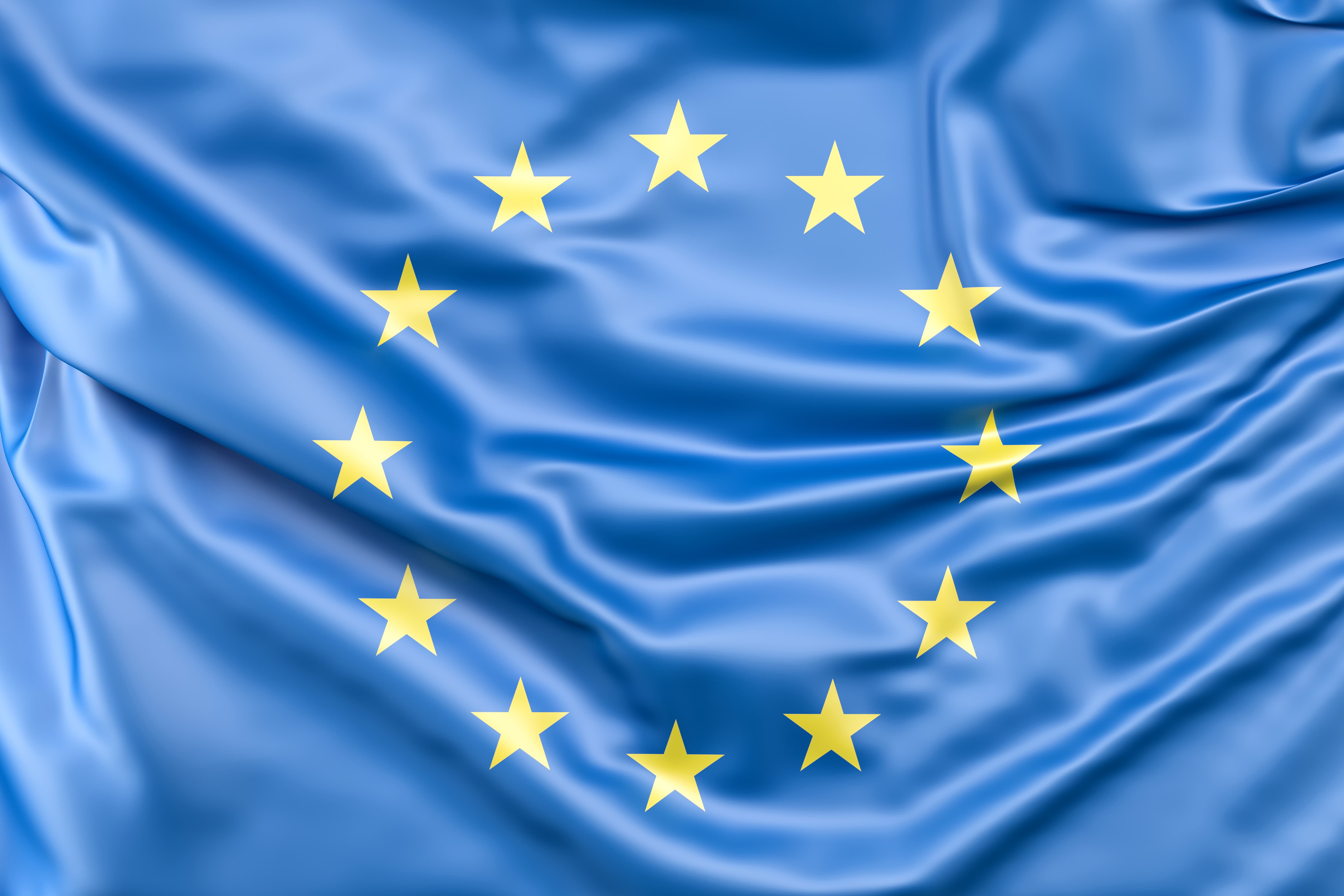The United Arab Emirates has completed its first government financial transaction using the Digital Dirham, marking a significant milestone in its transition towards a fully digital economy.
The Ministry of Finance and Dubai Finance carried out the transaction in collaboration with the Central Bank of the UAE, confirming the country’s leadership in advancing next-generation financial technologies.
Part of the Central Bank’s Financial Infrastructure Transformation Programme, the pilot phase of the Digital Dirham aims to accelerate digital payment adoption and strengthen the UAE’s position as a global financial hub.
Senior officials, including Sheikh Mansour bin Zayed Al Nahyan and Sheikh Maktoum bin Mohammed bin Rashid Al Maktoum, described the initiative as a strategic step toward improving transparency, efficiency, and integration across government financial systems.
The first pilot transaction was executed through the government payments platform mBridge, which facilitates instant settlements using central bank digital currencies.
A transaction was completed in under two minutes, demonstrating the system’s technical efficiency and reliability. The mBridge platform, fully integrated with the Digital Dirham initiative, enables secure, intermediary-free settlements, reducing costs while improving accuracy and transparency.
Officials emphasised that the Digital Dirham will serve as a cornerstone for a sustainable digital economy, reinforcing national financial stability and global competitiveness.
The initiative reflects the UAE’s commitment to adopting cutting-edge technologies that promote integration and innovation across the public and private sectors.
Would you like to learn more about AI, tech and digital diplomacy? If so, ask our Diplo chatbot!









